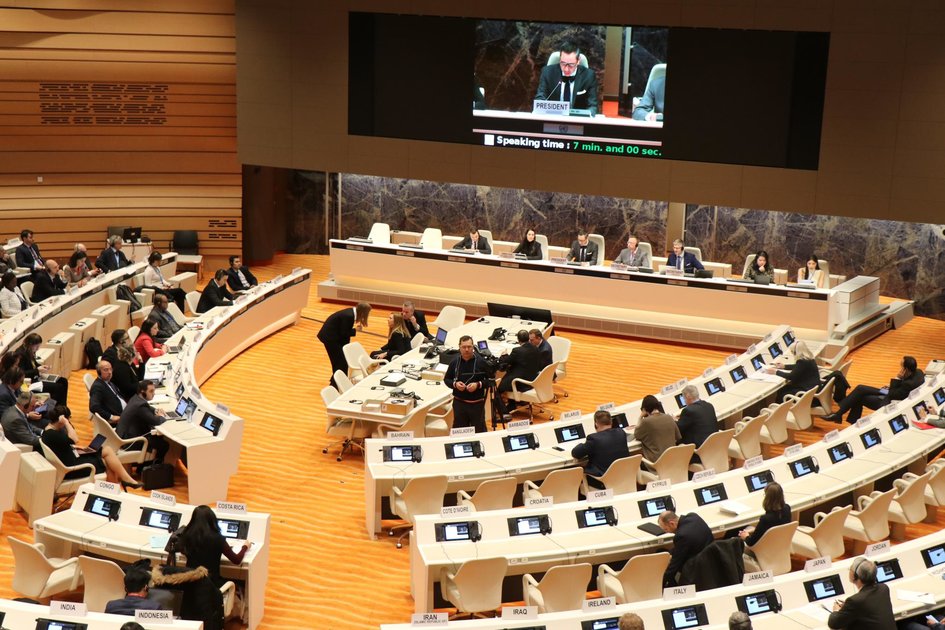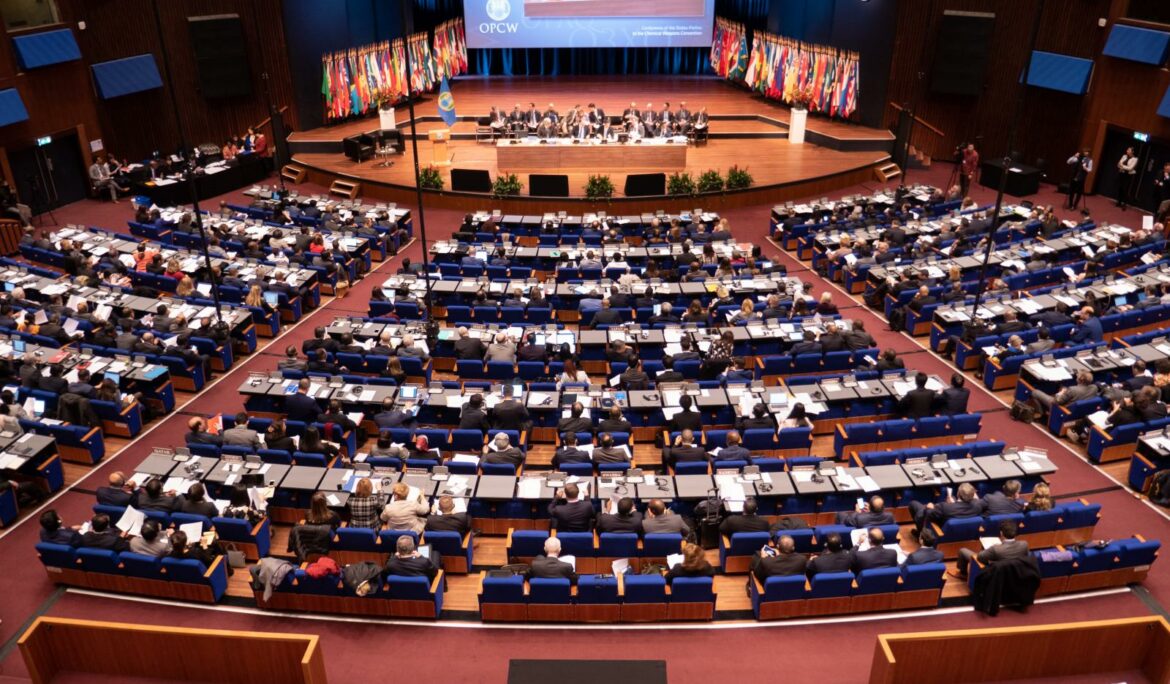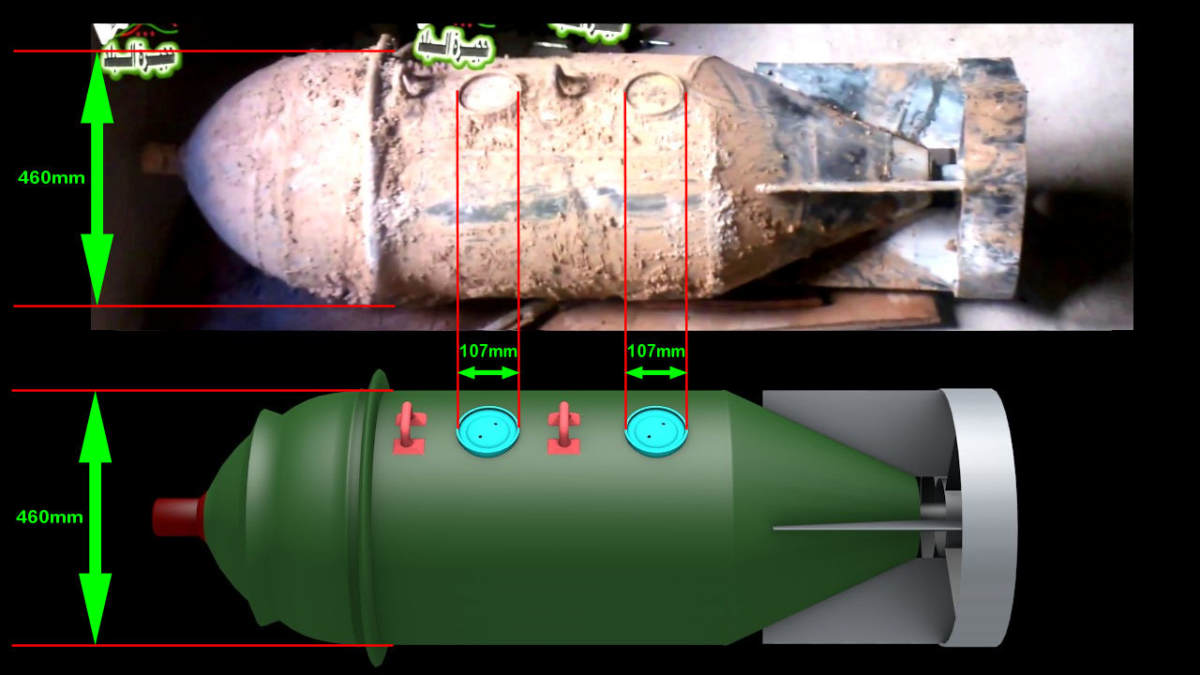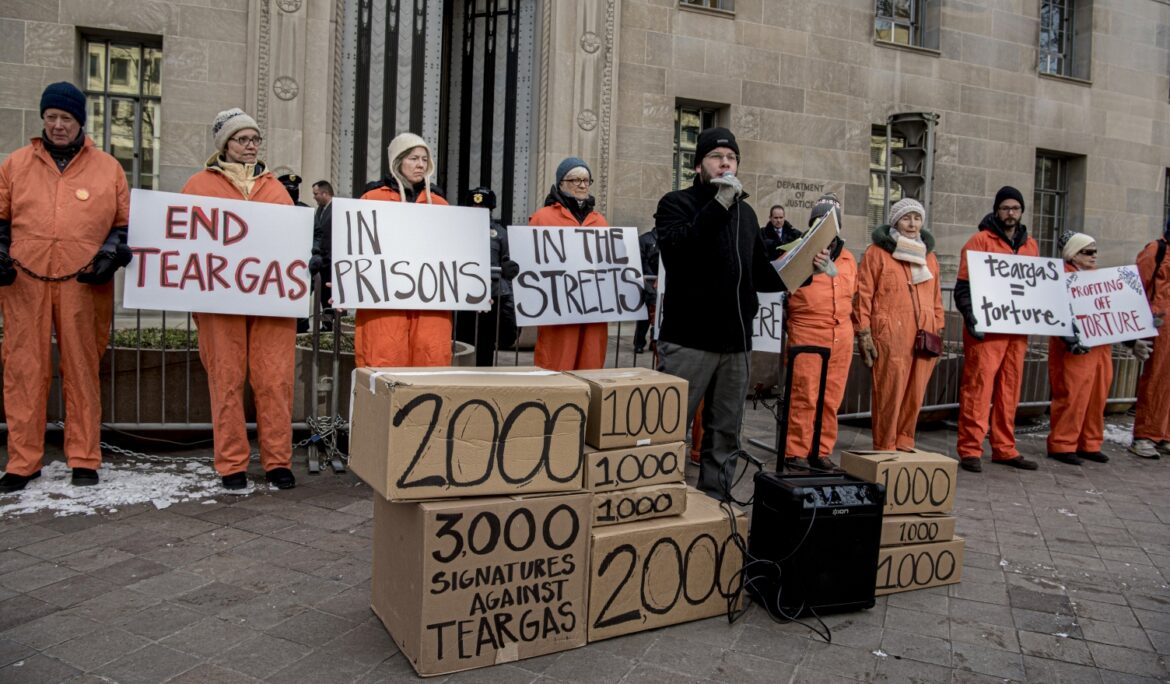COVID-19 pushes BTWC Review Conference into 2022
As noted in the blog posting of 29 November, COVID-19 has seriously interfered with the meeting agendas for the Biological and Toxin Weapons Convention (BTWC) and the Chemical Weapons Convention (CWC). A new schedule is emerging for the BTWC while it appears possible that the second part of last year’s CWC Conference of States Parties may take place later than April. BTWC meetings for 2021 The Chairperson of the 2020 Meeting of States Parties (MSP), Ambassador Cleopa Mailu of Kenya, has notified delegations that the Meetings of Experts (MX) will now be held one year after the originally planned dates, …
COVID-19 interferes with CWC and BTWC meeting schedules
COVID-19 is messing up the diplomatic disarmament and arms control agendas. On 27 March Ambassador Gustavo Zlauvinen from Argentina announced as President-Designate the postponement of the 10th Review Conference of the Nuclear Non-Proliferation Treaty (NPT). Initially scheduled for 27 April – 22 May 2020, it was to take place by April 2021. The deadline was moved up to August. However, because of the United Nation’s original schedule of meetings for 2021 combined with the many rescheduled meetings of this year, the only possible opening in the agenda was an impractical slot from 4 to 29 January. The pandemic’s resurgence in …
Syria stands formally accused of violating the Chemical Weapons Convention
The Executive Council of the Organisation for the Prohibition of Chemical Weapons (OPCW) held its 94th session from 7–10 July. Prominent on the agenda was the determination by the Investigation and Identification Team (IIT) that ‘there are reasonable grounds to believe’ that Syrian government forces bear responsibility for several chemical weapon (CW) attacks at the end of March 2017. The finding is the first time that the Technical Secretariat of the OPCW has formally charged a state party to the Chemical Weapons Convention (CWC) with violating Article I, para. 1(b) to never under any circumstances use CW. The accusation is …
‘Tear-gas’: authorised at home, banned in war? Not so for the USA
‘Tear-gas’ may come to symbolise the Trump Administration’s heavy-handed response to the popular reaction against the killing of George Floyd, a middle-aged black man, by a white police officer. The President’s rolling thunder of insensitive, divisive tweets extolling law and order and deriding the legitimate demands by the Black Lives Matter movement has contributed to irresponsible use of force against essentially peaceful protesters, onlookers, and members of the press. Police brutality combined with widespread lack of accountability – unless a person gets killed or an incident is captured on media – has led to multiple types of excesses. When President …
Palestine: From a ‘will-be’ party to the CWC to a ‘would-have-been’?
Something really remarkable happened in the first two weeks of 2018. On 2 January, quite out of the blue came the notification by UN Secretary-General António Guterres that the State of Palestine had deposited its instrument of accession to the Chemical Weapons Convention (CWC). It was to become the 193rd state party on 28 January, thirty days after having submitted the document (29 December). Indeed, ‘was’. Guterres formally informed UN members on 11 January that Palestine had withdrawn its instrument of accession three days earlier. States withdrawing from a disarmament or arms control treaty is extremely rare. But it does …
Palestine’s withdrawal of its instrument of accession to the CWC (Part 2)
In my blog posting of 16 January entitled ‘Palestine: From a “will-be” party to the CWC to a “would-have-been”?’, I described how Palestine submitted its instrument of accession to the Chemical Weapons Convention (CWC) with the UN Secretary-General on 29 December, only to withdraw it on 8 January. Since having achieved the status of ‘UN non-member observer state’ in 2012, Palestine has joined over 50 international agreements, including the Biological and Toxin Weapons Convention, to which it became formally a party on 16 January. The CWC is the only treaty on which it reversed its position. Retracting an instrument of …
Novichok and the Chemical Weapons Convention
Assassinations with nerve agents are rare. Very rare. The reason is simple: other means to eliminate a person are simpler and much more effective. The marginal benefit from using even some of the most toxic substances ever made by man is negligible. What is more, the attempt fails often, as Aum Shinrikyo experienced when trying to take out some of the cult’s enemies with VX before the 1995 sarin attack in the Tokyo underground. Last year’s murder of Kim Jong-nam, half-brother of North-Korean leader Kim Jong-un, also involved VX according to Malaysian authorities. However, the real perpetrator behind the two …
Geopolitical manoeuvring behind Skripal
On 4 April the Executive Council (EC) of the Organisation for the Prohibition of Chemical Weapons (OPCW) will meet in a special session. Russia called the extraordinary meeting. It has been a month now since former Russian spy Sergei Skripal and his daughter Yulia had been exposed to a nerve agent in Salisbury. The United Kingdom (UK) government identified it as a member of the ‘Novichok’ family, once researched and developed by the Soviet Union. Russia is believed to have continued the programme at least during the first years after the breakup of the USSR. It has never come clear …
Novichok between opinion and fact – Part 1: Deconstruction of the Russian denial
Since the assassination attempt on Sergei and Yulia Skripal with a nerve agent now just over one month ago, so much has been written about ‘Novichok’; so much has been opined about what ‘Novichok’ is meant to be (if it exists at all); and so much smoke has been spewed about what the identification of ‘Novichok’ suggests about culprits. This blog posting is the first of several to look into a specific aspect of the discussions concerning Novichok in the hope of clarifying where certain positions come from and what factual knowledge exists about this group of nerve agents. Facts …
Preparing the 4th CWC Review Conference: Education & Outreach
Role of education and outreach in the prevention of the re-emergence of chemical weapons For consideration by the Open-Ended Working Group preparing the Fourth Review Conference of the Chemical Weapons Convention at its ninth meeting Dr Jean Pascal Zanders Chairperson OPCW Advisory Board on Education and Outreach (ABEO) 30 May 2018 [PDF Version] The Advisory Board on Education and Outreach (ABEO) is a subsidiary organ of the Organisation for the Prohibition of Chemical Weapons (OPCW). Its members, together and individually, represent a wide range of education and outreach (E&O) expertise and experience. Besides strategic and practical advice to the OPCW …




